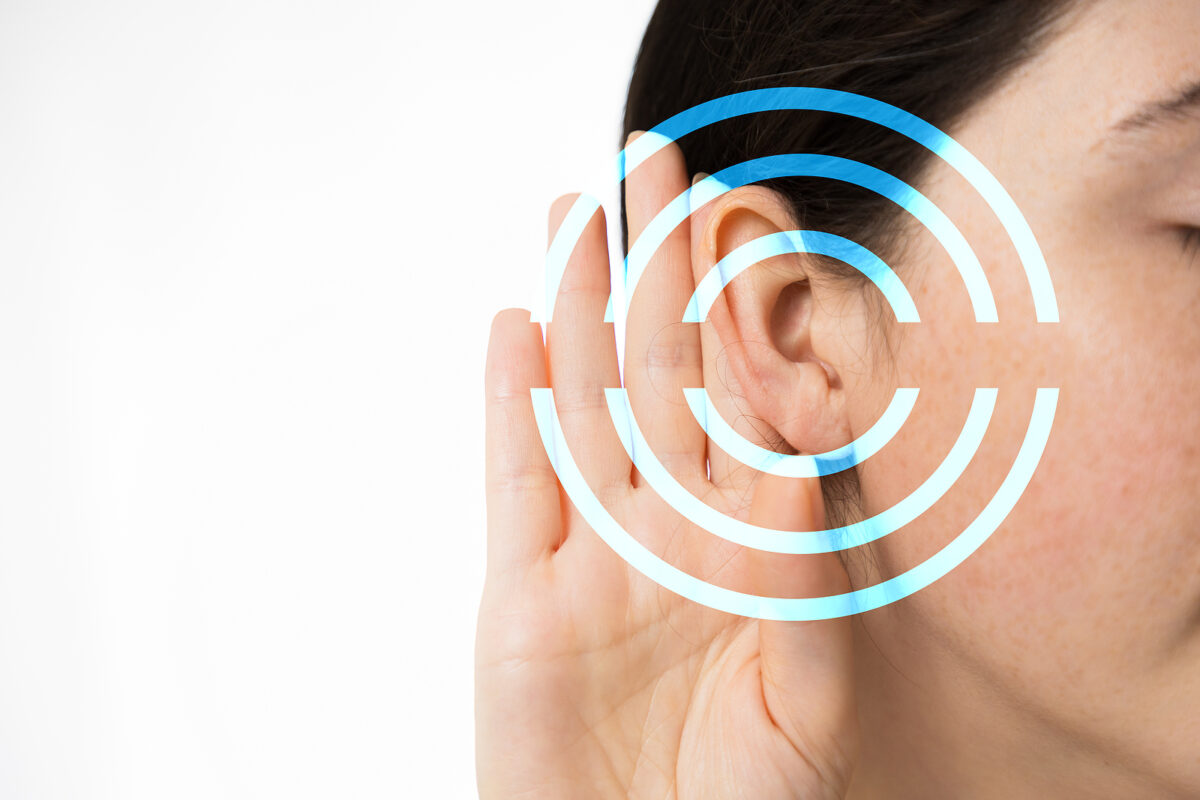Tinnitus can feel like a ringing that never fades, a buzzing that won’t stop, or an unwanted guest that refuses to leave. While hearing aids help in many cases, some still struggle with ringing that lingers even when devices are on.
Living with tinnitus can be frustrating, especially when background noise isn’t enough to drown it out. It can interfere with concentration, sleep, and well-being. Fortunately, there are additional ways to manage tinnitus beyond just amplification, helping people regain a sense of calm.
Why Hearing Aids May Not Be Enough
Hearing aids work by amplifying external sounds, which can reduce the perception of tinnitus. However, amplification alone may not provide complete relief when the ringing is particularly strong or persistent, leaving some individuals searching for additional solutions.
Tinnitus is complex, with causes ranging from noise exposure to underlying health conditions. While hearing aids can be effective, they are not a cure. Many people need a combination of strategies to manage their symptoms fully.
Relaxation Techniques to Reduce Stress
Tinnitus often worsens with stress, making relaxation techniques an important part of management. Deep breathing exercises, meditation, and progressive muscle relaxation can help lower stress levels and reduce the intensity of tinnitus.
Managing stress doesn’t eliminate tinnitus but can make the ringing less intrusive. A calm mind is less likely to fixate on the sound, making it easier to focus on other things. Even a few minutes of relaxation each day can make a noticeable difference.
Cognitive Behavioral Therapy for Coping Strategies
Tinnitus can affect mental well-being, leading to frustration and anxiety. Cognitive behavioral therapy (CBT) helps by changing how people respond to tinnitus. Instead of feeling overwhelmed, individuals learn to reframe their thoughts and reduce emotional distress.
CBT does not make tinnitus disappear but can make it more manageable. By shifting focus away from negative thoughts, people can regain a sense of control. Many find that over time, their awareness of tinnitus decreases.
Seeking Professional Guidance
For those struggling with tinnitus despite using hearing aids, speaking with a hearing health professional can provide new options. Every case is different, so personalized care is key.
An expert can assess the severity of tinnitus and recommend a tailored approach. With the right support, many people find ways to reduce the impact of tinnitus on their daily lives. Finding the right combination of strategies can significantly improve overall comfort and quality of life.

